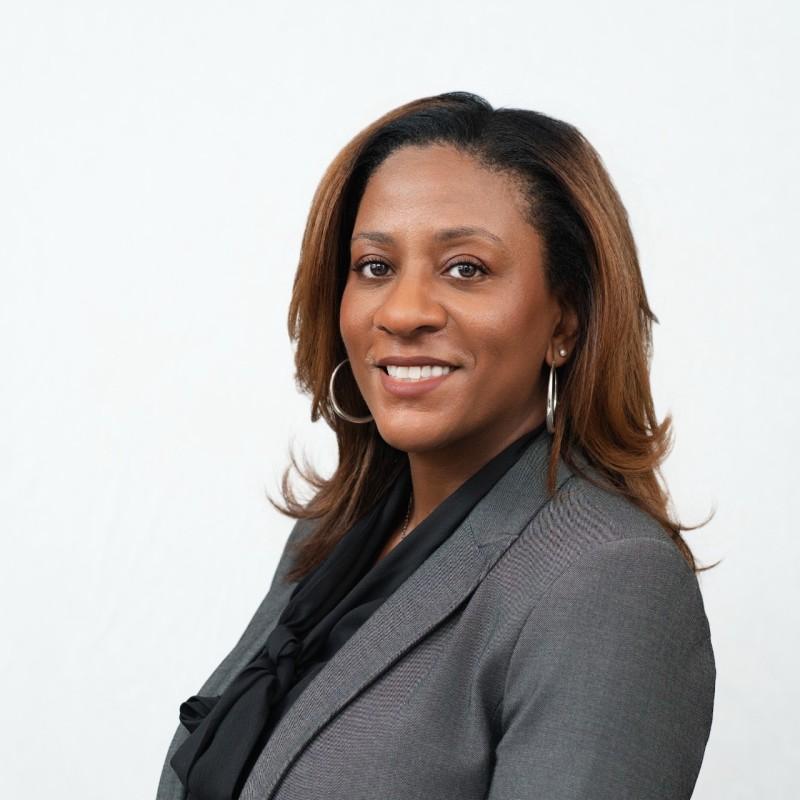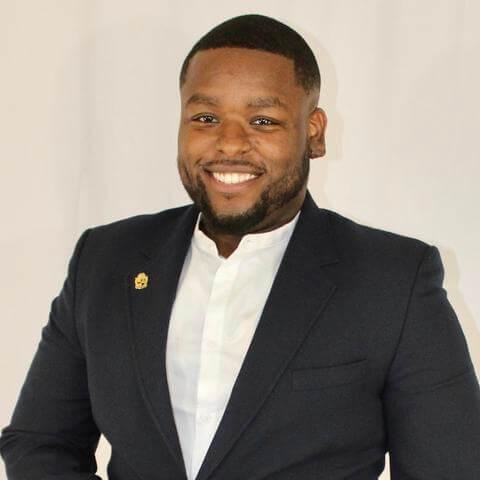Historically Black Colleges and Universities (HBCUs) have delivered an outsized impact on the nation and the world for more than a century. According to the United Negro College Fund’s 2024 HBCU Economic Impact Report, these schools generate $16.5 billion in direct economic impact annually, support more than 136,000 jobs nationwide, and consistently outperform peer institutions in student accessibility and social mobility.
Recognizing the continued necessity of HBCUs, the Center for HBCU Research, Leadership, and Policy at Howard University is dedicated to connecting researchers and practitioners to foster a thriving HBCU ecosystem. Established in 2021, the Center conducts, sponsors, and disseminates interdisciplinary research on HBCUs, offers leadership development opportunities for current and aspiring HBCU administrators and faculty, and advances policy discourse aligned with the mission, priorities, and goals of HBCUs.
As part of Howard University’s Research Month, the Center hosted its inaugural virtual conference, “Empirical Perspectives: HBCU Research, Agency, and Impact.” The event convened scholars, practitioners, and policymakers to explore the critical role of HBCUs in shaping educational research and public policy.
“Conducting and disseminating empirical research is central to the mission of the Center for HBCU Research, Leadership, and Policy,” said Dr. Melanie Carter, associate provost and founding director of the Center.
Melanie Carter, Ph.D., a professor in the School of Education’s Educational Leadership and Policy Studies program, emphasized the importance of documenting the work and impact of HBCUs through empirical research. “This year’s theme highlighted our commitment to creating spaces that amplify the power of our voices and perspectives,” she said. “The range of scholars who participated — from our HBCU Fellows to practitioners and leaders — affirmed the importance of our collective work and its centrality to the future of higher education.”
Carter’s scholarship focuses on the history of higher education institutions, particularly HBCUs and pre-desegregation Black professional organizations, and the intersections of race, culture, class, and gender in policy and leadership. She also researches effective strategies for student success and retention at HBCUs. A leading voice in the field, Carter has been a member of the Howard faculty for nearly two decades.
Denise A. Smith: Advocating for Equitable Funding
“There are so many things that the HBCU community is thinking about in this moment,” said Denise A. Smith (Ph.D.’ 24), deputy director and senior fellow at The Century Foundation. “Financing and ensuring that key federal grants remain accessible is a priority. HBCUs receive grants from agencies beyond the Department of Education, including Agriculture, Commerce, Labor, and the EPA.”

Smith emphasized the need to clarify public perception around HBCUs. “Many people conflate HBCUs with DEI institutions. We must be clear about the messaging: HBCUs are not DEI institutions. They have always and will always enroll anyone seeking a quality education.”
Smith’s remarks echoed findings in her 2021 report on the historical and systemic underfunding of HBCUs, which continues to impact their ability to support students and fulfill their missions. She advocates for increased investment to ensure HBCUs can thrive well into the future.

As associate director for administration and programs at the Center, Ebonierose Wade-Ndiaye, Ed.D. plays a pivotal role in fostering collaborative research initiatives. Her work ensures that the Center’s programs and resources effectively support the thriving HBCU ecosystem. Wade-Ndiaye moderated the HBCU Center Fellow Presentation session, which featured four dynamic researchers, including Lennex Cowan (B.A./B.S.’ 14), Ashleigh Brown-Grier (Ph.D.’ 24), Johnnie L. Allen Jr., and Aresene Frederic. Her efforts have been instrumental in bringing together researchers and practitioners to identify best practices in higher education that build upon the achievements and culture-driven missions of HBCUs.

Cowan a Ph.D. student in the department of African Diaspora studies at The University of Texas at Austin and HBCU Center graduate fellow, used Brian Keith Alexander’s definition of the teachable moment to “argue that teachable moments depicted in fictional media between Black faculty and students at fictional HBCUs expose the gaps for future research on pedagogy at Black institutions.”
By examining teachable moments on the popular television shows “A Different World” and “All American: Homecoming,” Cowan uses textual analysis to explore the perpetuation of limiting polarized views of HBCU teachings to propose that cultural production and visual media highlight the complications with being a Black teacher in Black education spaces with Black students. Cowan questions how indelible the representation of HBCUs is due to the undeniable contributions to American society.
Were these the only shows he used for this analysis? If not, recommend rewording to “on popular television shows such as …”
A Collaborative Effort Towards Empowerment
The conference also featured presentations from the HBCU Center Fellows whose work underscores the importance of empirical research in informing policies and practices that support HBCUs.
As HBCUs continue to navigate challenges and opportunities in the higher education landscape, the collaborative efforts showcased at the Empirical Perspectives conference highlight the critical role of research, leadership, and policy in advancing their missions. Through the dedicated work of scholars like Carter, Wade-Ndiaye, and Smith, the Center for HBCU Research, Leadership, and Policy remains at the forefront of empowering HBCUs to thrive in the 21st century and beyond.
For more information about the Center for HBCU Research, Leadership, and Policy and its initiatives, visit hbcucenter.howard.edu. Visit http://www.youtube.com/@THEHBCUCenter to watch the replay of the HBCU Center’s Virtual Conference.





